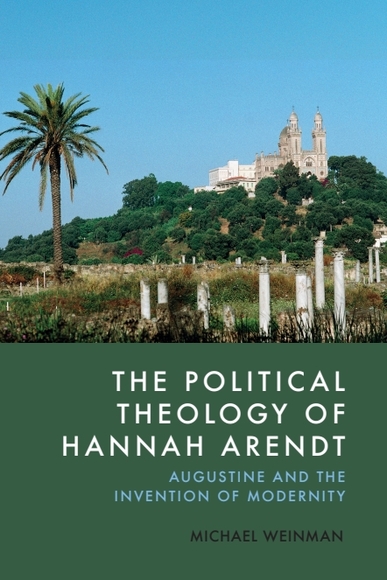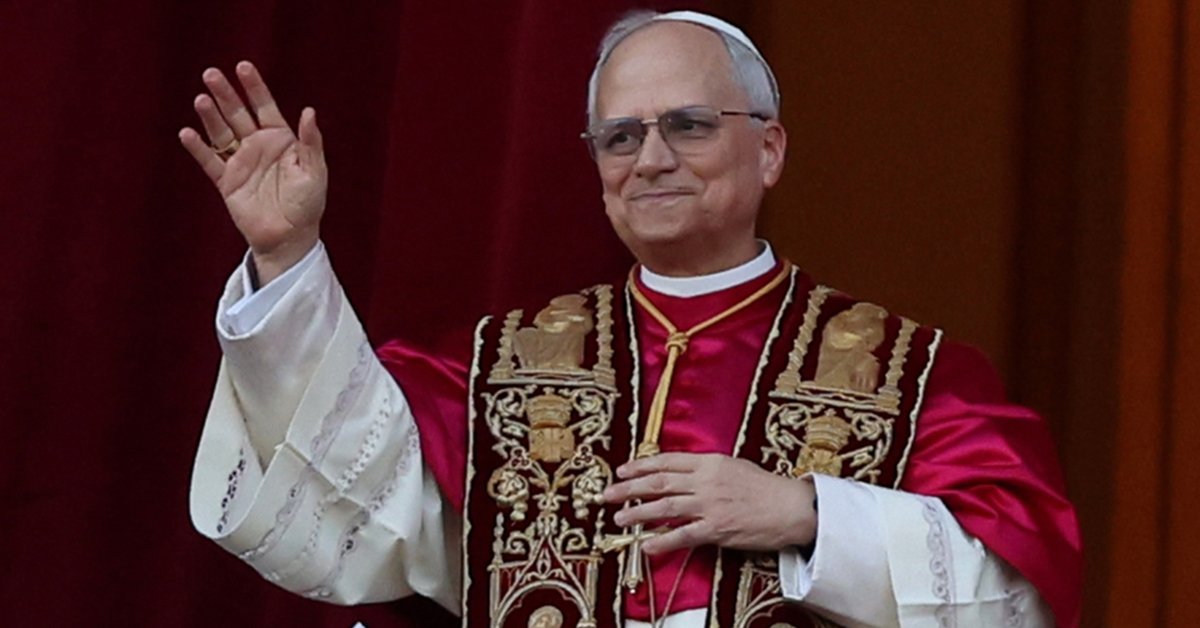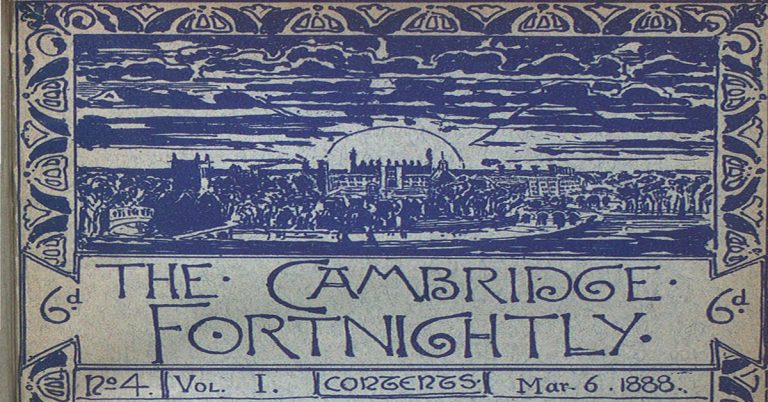
by Michael Weinman

The Political Theology of Hannah Arendt clarifies how to understand Arendt’s arguments about freedom, collective action, and the problem of evil as political theological, rather than political theoretical or philosophical.
Writing about The Political Theology of Hannah Arendt, Linda Zerilli claims:
“Michael Weinman brilliantly charts Arendt’s rightful place within the political theology debate, breathing new life into it.”
But what is the political theology debate and what is Arendt’s rightful place in it? And why does providing an answer to those questions “breathe new life” into that debate? Answers to these questions might best be sought in an event that I could not write about in the book, not only because it had not happened yet, but because like all new beginnings, it was an expression of the fundamental Arendtian principle of natality: there was no way to know if or when it might occur or what changes it might bring to bear on the common world.
This event is the election of Pope Leo XIV as the new leader of the Catholic Church, which instantiates the “new life” that my book brings to the political theology debate. Leo’s papal election can be said to announce the book’s intended contribution because the most salient fact about Robert Francis Prevost becoming the new Pope is not that he was born in the United States and raised on the south side of Chicago but that he is an Augustinian. Indeed, not just an Augustinian, but in his most recent role in Rome, the spiritual leader of the worldwide Augustinian brotherhood.
What does this fact about Leo XIV have to do with “Arendt’s right place” in the political theology debate? Everything. For, as Gregory Grimes, Associate Instructor of Theology at Villanova University (the new Pope’s alma mater), recently wrote:
“When Leo XIV uttered the words: ‘I am a son of St. Augustine, an Augustinian,’ you could see him have a moment of deep emotion,” which “reflects how deeply Augustinians feel their sense of vocation, the brotherhood of their order, but also seeing Augustine as their spiritual mentor.”
The emotion that Grimes recognizes in Pope Leo in identifying as Augustinian exemplifies precisely what I argue is the key legacy of “Arendt’s Augustine”: the way Augustine both thinks but also enacts amor mundi: love of the world, as it manifests in the love of God (for Arendt: love of “everything that is as it is by nature”), of the community (for Arendt: love of the public, the space of appearance, the common world), and of the neighbor-as-oneself (for Arendt’s focus on Augustine’s repeated claim “Amo: volo ut sis” [I love: I will/wish/want that you are]).
Grimes summarizes amor mundi well:
“Augustine’s fundamental insight in De civitate Dei (The City of God)” is the need for “an authentic common good, a common love,” which is both the “ultimate” value and the basis of a “vision of a common destiny of true flourishing.”
The Political Theology of Hannah Arendt has the ambition of showing that Arendt’s adoption and adaptation of this deep Augustinian lesson—that be good and fare well is to be devoted to the common good—should be sought not only, and even not mostly, in the two works she wrote that are most generally associated with Augustine: her doctoral dissertation on the concept of love in Augustine (written in 1928/9) and Willing (published posthumously in 1978 as Volume 2 of The Life of the Mind).
Rather, I show, Arendt’s Augustinian (or Augustinian-like) commitments are waiting to be (re-)discovered throughout her corpus and her five decade career of “thinking what we are doing.” Is this Augustinian lesson really at the heart of Arendt’s work? Does Arendt’s work really have anything to teach us about how to live together in community in the absence of a shared faith tradition? It is in search of answers to these and other like questions that I have shared this work.
About the author
Michael D. Weinman is Senior Lecturer of Political Science and Jewish Studies at Indiana University.






